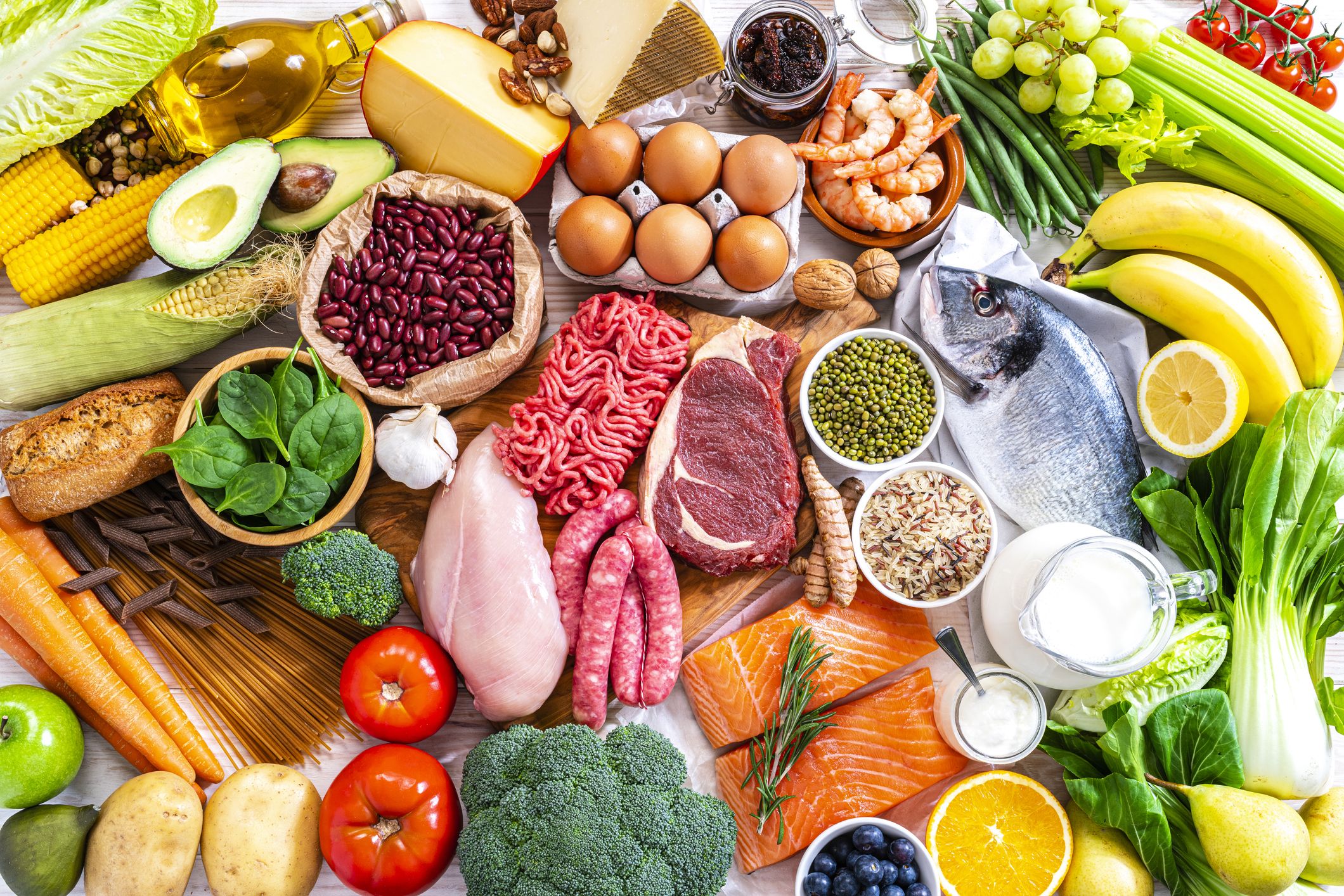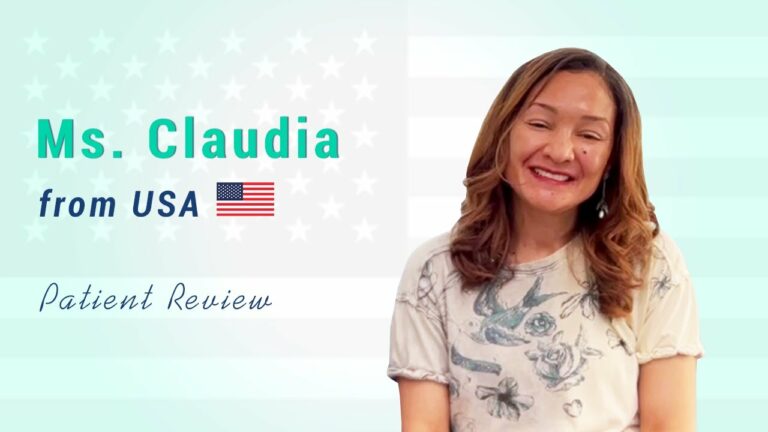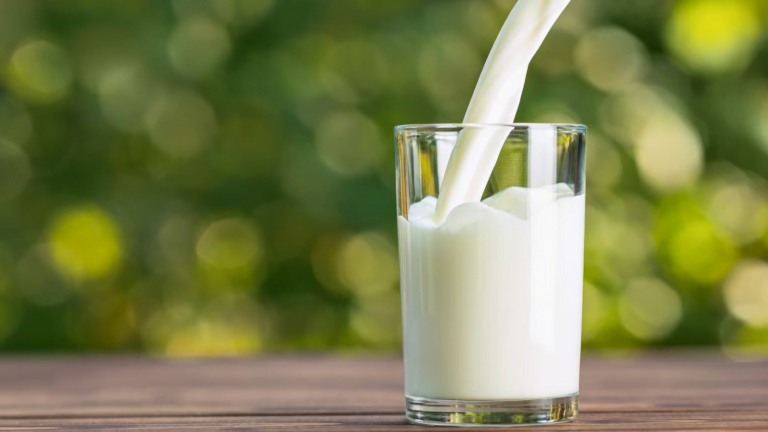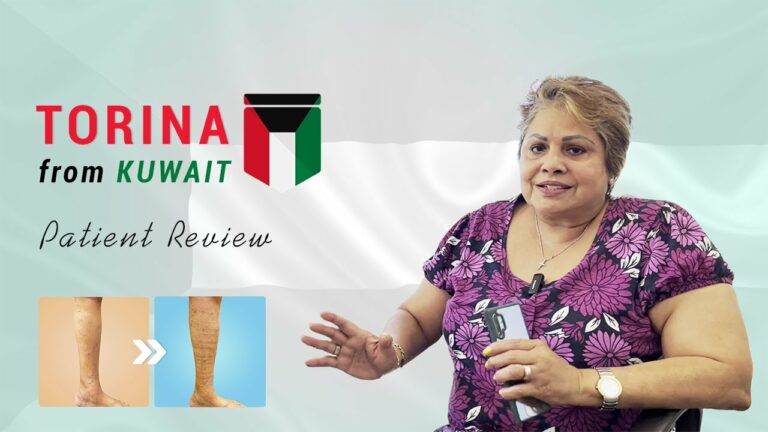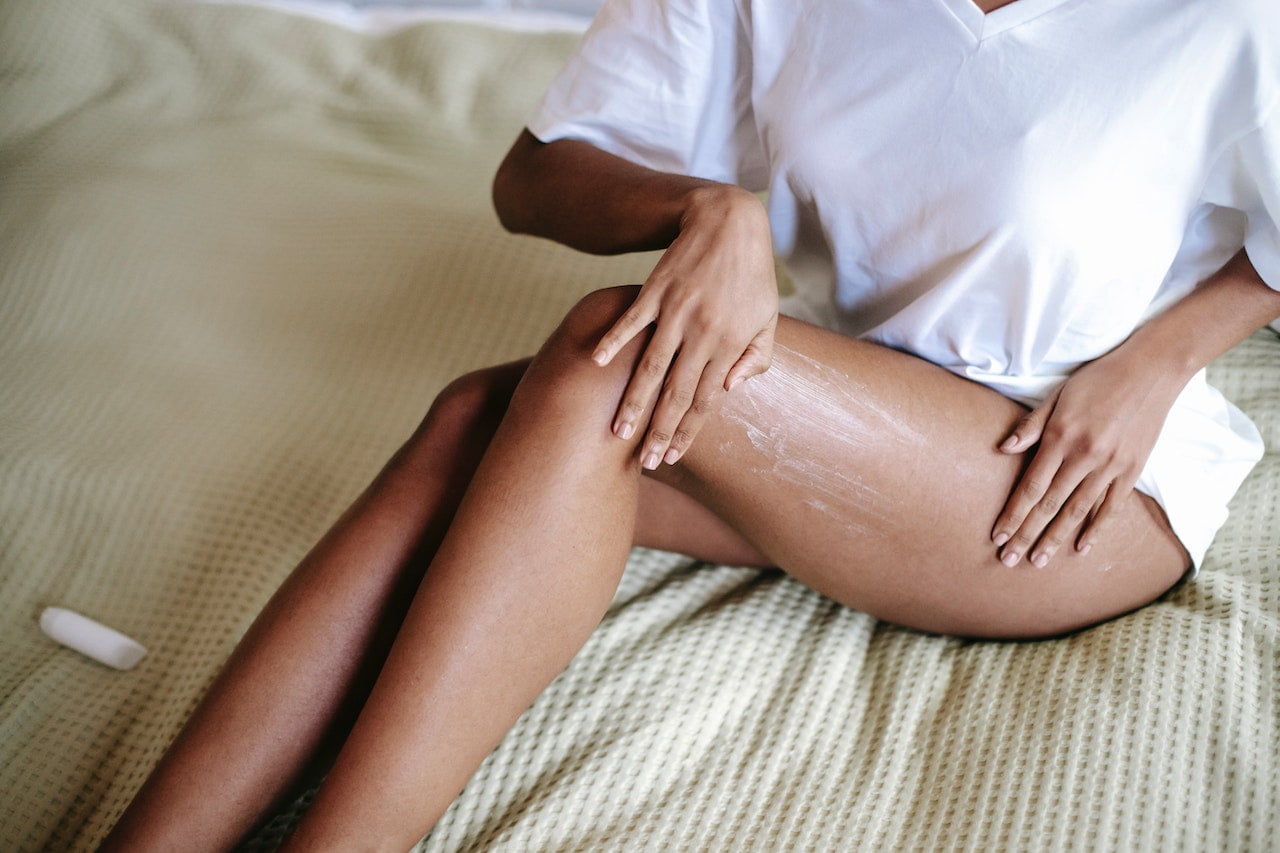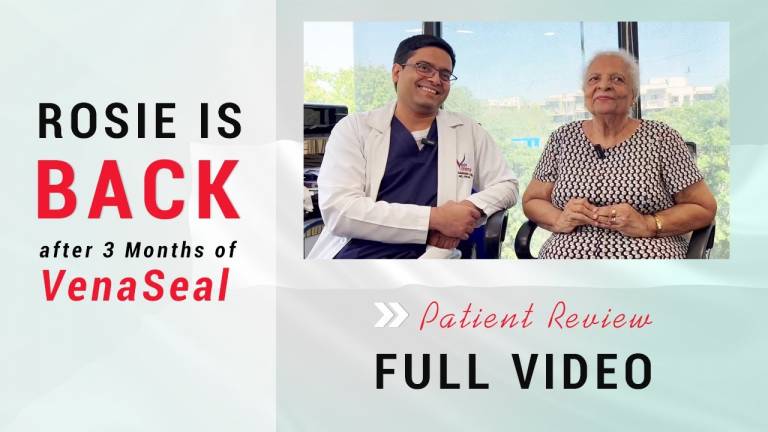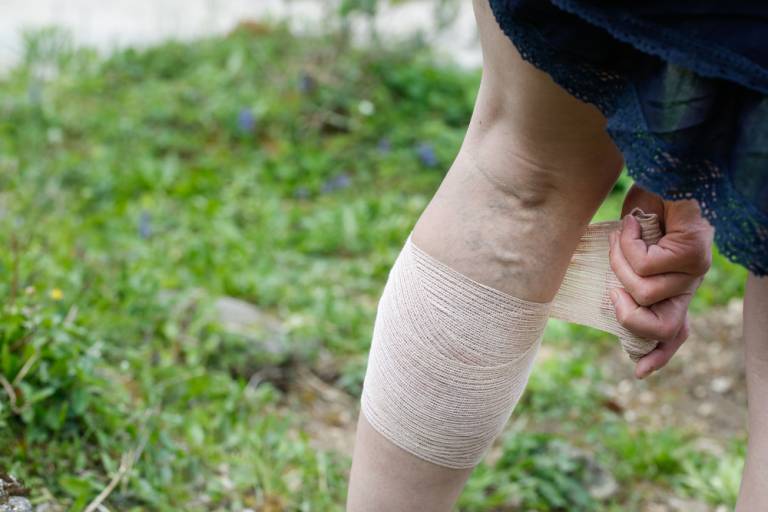7 Types of Foods to Avoid for Varicose Veins Diet Treatment
Varicose veins are a common condition in which the veins become swollen and twisted, often appearing visible through the skin. While there are various treatments available for varicose veins, diet can play an important role in managing the symptoms and preventing further complications. One crucial aspect of managing varicose veins through diet is avoiding certain foods that can exacerbate the condition. In this essay, we will explore the foods that people with varicose veins should avoid.
- Salty Foods: Consuming excessive amounts of sodium can lead to water retention and swelling, which can exacerbate the symptoms of varicose veins. Foods that are high in salt include processed foods, fast food, canned food, and snacks such as chips, pretzels, and crackers. It is important to limit the intake of these foods to prevent further swelling.
- Refined Carbohydrates: Refined carbohydrates such as white bread, pasta, and rice, as well as sweets and sugary drinks, can cause spikes in blood sugar levels, which can damage the veins. Additionally, refined carbohydrates do not provide adequate nutrients to support the health of the veins. It is best to avoid these foods or limit their intake.
- Fried Foods: Fried foods such as French fries, fried chicken, and other deep-fried foods can be harmful to the veins. These foods are typically high in unhealthy fats and oils, which can contribute to inflammation and damage to the veins.
- Red Meat: Eating red meat in excessive amounts can cause inflammation and contribute to the development of varicose veins. It is important to choose lean protein sources such as fish, chicken, and legumes instead of red meat.
- Alcohol: Consuming excessive amounts of alcohol can cause dehydration, which can lead to water retention and swelling in the legs. Additionally, alcohol can contribute to inflammation and damage to the veins. It is best to limit alcohol intake or avoid it altogether.
- Caffeine: Caffeine is a stimulant that can cause blood vessels to constrict, which can worsen the symptoms of varicose veins. It is best to limit caffeine intake by avoiding coffee, tea, and other caffeinated beverages.
- High-Fat Dairy Products: Consuming high-fat dairy products such as whole milk, cheese, and butter can contribute to weight gain, which is a risk factor for varicose veins. Additionally, these products are typically high in saturated fat, which can contribute to inflammation and damage to the veins. It is best to choose low-fat dairy products instead.
There are several foods that people with varicose veins should avoid or limit in their diet. These foods include salty foods, refined carbohydrates, fried foods, red meat, alcohol, caffeine, and high-fat dairy products. By avoiding these foods and consuming a healthy, balanced diet, individuals can help manage the symptoms of varicose veins and prevent further complications. It is important to consult a healthcare provider or a registered dietitian to develop a personalized diet plan to manage varicose veins effectively.
References
- Rabe, E., Guex, J. J., Puskas, A., Scuderi, A., & Fernandez Quesada, F. (2013). Epidemiology of chronic venous disorders in geographically diverse populations: results from the Vein Consult Program. International Angiology, 32(2), 150-162.
- Evans, R. (2020, July 10). Foods to Avoid with Varicose Veins. Medical News Today. Retrieved from https://www.medicalnewstoday.com/articles/322484.
- Simonetti, G., Alberti, A., Chirico, A., Lucchetti, M. C., Chiappini, D., Alesi, F., & Dini, V. (2003). Risk factors for varicose disease before and during pregnancy. Angiology, 54(S1), S11-S19.
- Galan, P., Preziosi, P., Durlach, V., Valeix, P., Ribas, L., Bouzid, D., & Hercberg, S. (1995). Dietary magnesium intake in a French adult population. Magnesium Research, 8(1), 77-84.
- van den Berg, J. J., Neumann, H. A., & Rijcken, B. (1999). Risk factors for venous disease: the weaker sex has more weak veins. Fact or fiction?. Angiology, 50(2), 141-154.
- Rett, K., Wicklmayr, M., & Mehnert, H. (1991). Influence of caffeine on blood glucose and hormonal responses to prolonged exercise in humans. Hormone and Metabolic Research, 23(09), 437-440.

